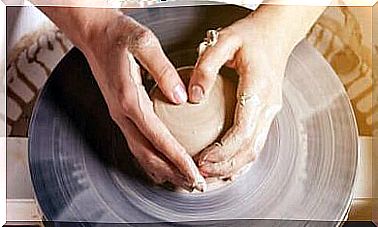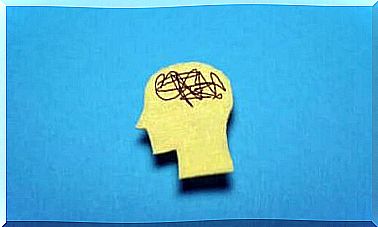The Nice Things About “wasting Time “
“Time is the currency of your life. It is the only currency you have, and only you can determine how it will be used. Be careful and don’t let anyone use it for you. ”
-Carl Sandburg-
“Don’t waste time…”, “What are you doing here doing nothing!”, “Get up, it’s late!” … Many of us can remember our parents constantly repeating these phrases to them as if they were vital mantras.
As if there was always something more important to do.
As the years go by, the need to be constantly busy doing important things and above all, always productive, seems to mark our daily lives. On the contrary, it gives us the feeling that time, and more broadly, life, is slipping away from us.
For many, being busy outside working hours by engaging in knowledge, training and retraining activities gives us the feeling of cultivating every second that passes, so that few people prefer to do nothing.
When we are children, we are told over and over again that time is very precious. If you don’t take advantage of the hours you have available, then you are immediately seen as lazy, or someone doomed to failure.
Finally, this message runs the risk of being translated in adulthood by behaviors similar to those of the White Rabbit in Alice in Wonderland , who spends his time running, and believing that he is always late to do so. something of the utmost importance ; according to him, if he does not hurry to do this thing, then he will be punished.
Feed hyper-responsibility and intolerance in the face of boredom
School, piano, English, swimming, etc … Children often find themselves immersed in a whole series of activities, so that they end their day just before going to bed.
In many cases, education forces children to do everything they can to be the best and most productive, constantly emphasizing the idea that one can always, always, always improve. There’s no time to lose.
Two consequences can result from such behavior: hyper-responsibility, and intolerance of boredom.
- to be responsible is a virtue. Being hyper-responsible is a brain trap that is forged over the years, and which, once we reach middle age, can result in anxiety, perfectionism, a level of high self-demand, low self-esteem, insecurity, guilt, and even shame.
- not having the chance to “waste time” in childhood and adolescence through creativity and personal development so that eventually, later, it manifests itself in adulthood through anxiety processes.
In children, it can be very beneficial to waste time in the process of adaptation and development of their intellectual capacities. As we grow up, this learned intolerance prevents us from truly being ourselves.
Many people hate “downtime” simply because they don’t want to be left alone with themselves.
The 24 × 7 philosophy: is it yours?
We live in an interconnected world. At any time and in any place, we can indulge in activities related to our leisure, our training or our personal development.
Lessons, masters, gymnasiums, housework, workshops, work… If we don’t do it, other people who share their activities on social networks will not fail to remind us that we are wasting time.
All of this is part of our daily life, and feeds the idea of what we “should” be. The 24 × 7 philosophy of being available and doing “something” 7 days a week, 24 hours a day, might not be as beneficial as it seems.
Obviously it is fundamental to seek to flourish by engaging in activities and being busy, but, to what extent can we control this quest for fulfillment?
Finally, for people who follow this philosophy, it is as unimaginable as it is tragic not to carry out any activity at a given time. These people see something almost contemptible in rest. For them, wasting time is pointless.
Let’s not confuse wasting time,
and devote yourself to something
Experiment, and do nothing
Weeks organized around our professional and social activities, this is an attractive and necessary daily life. However, finding times to “waste” time is very beneficial for our physical and mental health.
Setting aside a few minutes of the day or month to not carry out any activity, this can bring us serenity, and thus allow us to enjoy more of everything we do and which no longer satisfies us. Why ?
- To take distance from something that makes us miserable, and to play down.
- To avoid saturating something that was stimulating to begin with, and that ended up being a burden.
- To share special moments with those around us.
- To relax our body, because it reduces stress and anxiety.
- To reorganize our ideas and take initiatives.
- To distinguish what is important from what is urgent.
But… how can we “waste time”? Here are some ideas:
- Sit on the terrace to have your coffee or chocolate and enjoy it, rather than always ordering it to go.
- Listen to the lyrics to one of his favorite songs, comfortably seated on his sofa.
- Sing in the shower.
- On weekends, have a good breakfast in peace.
- Perform a meditation exercise. Some don’t last longer than 20 minutes.
- If you have some alone time at home, take advantage of it, don’t start tidying up.
- If you have a companion animal, don’t just take it out for a walk or feed it; also take a few minutes to stroke it or play with it.
If you are one of those people who need a torrent of daily activities to feel good, then just keep going and don’t change a thing. On the other hand, if somehow your source of satisfaction depends less on the activity itself and more on trying to occupy your time, then slow down a bit and give the watch a chance.
Finally, we can make “lost time”, a personal gain …









